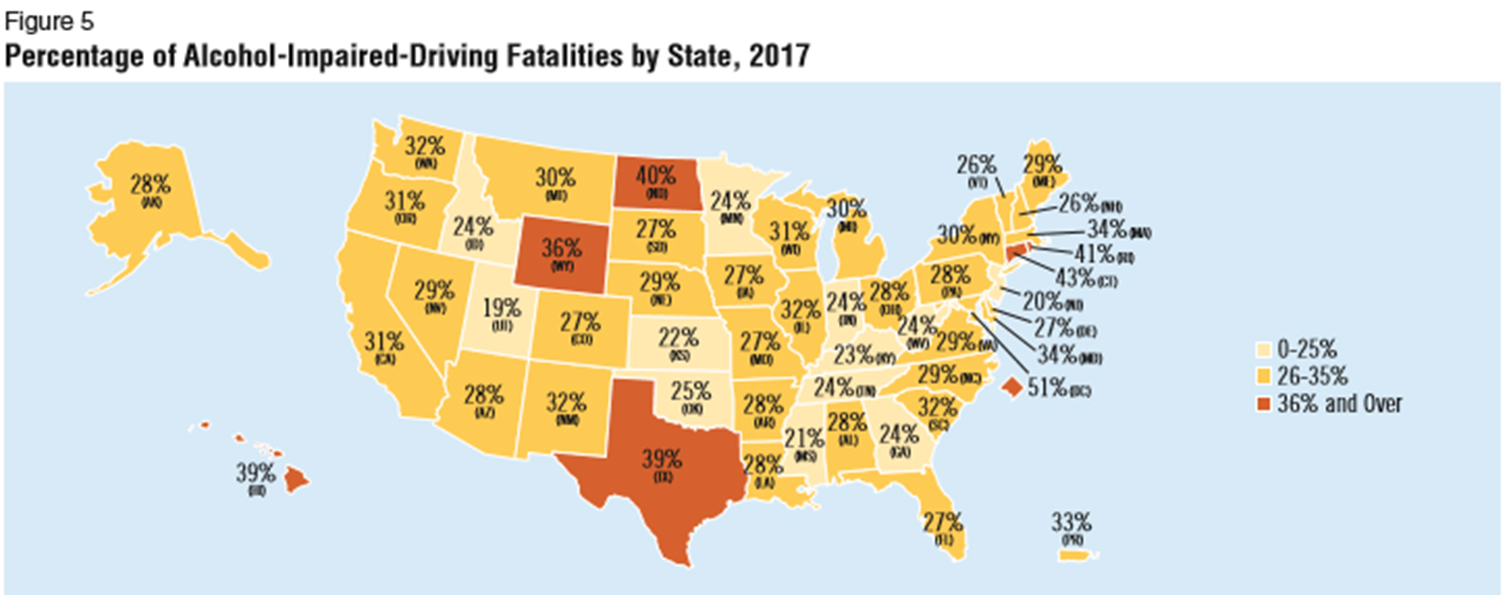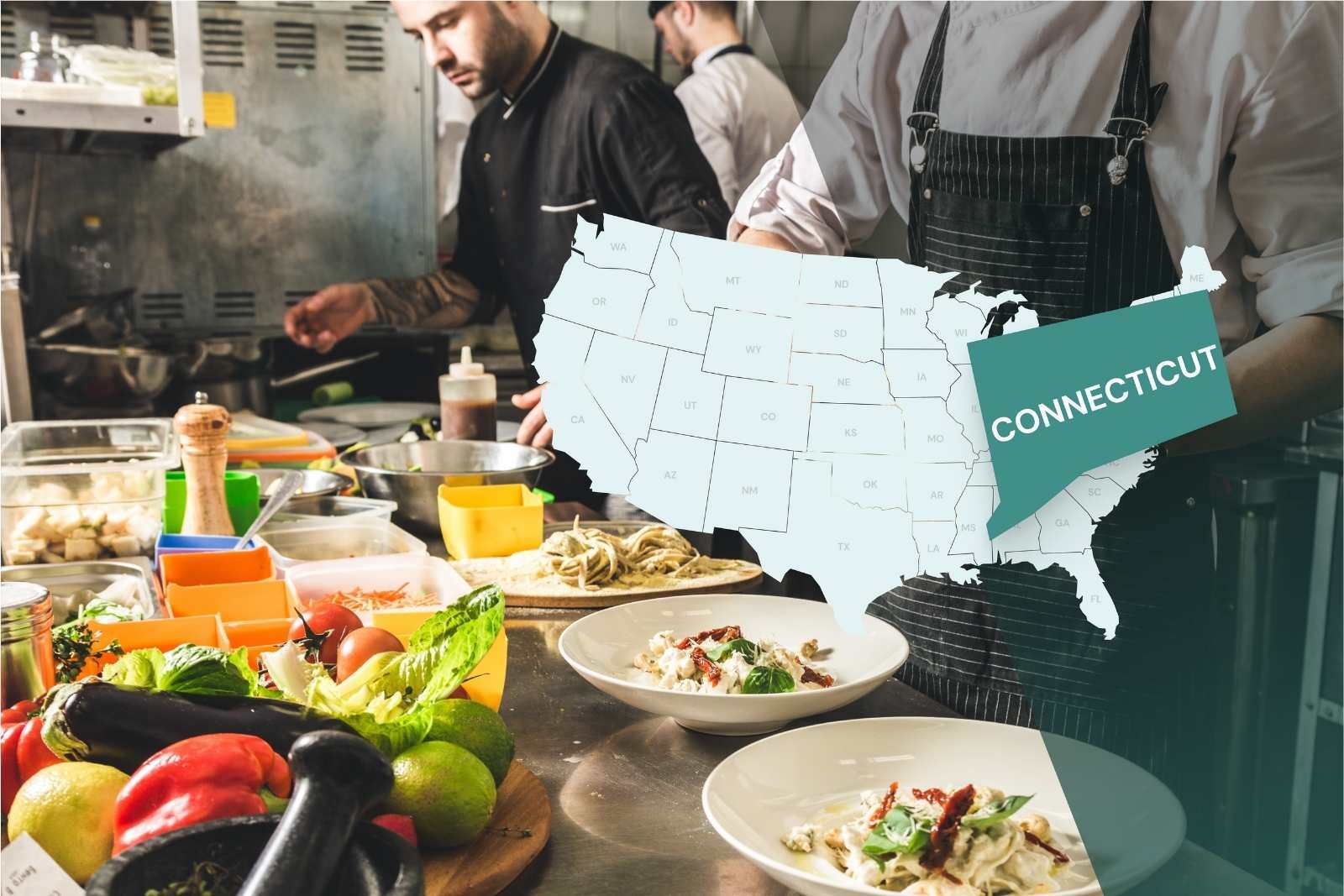Increase Your Work Opportunities: Why a Food Trainer Certification Is a Must-Have in the Culinary Sector
In today's competitive cooking landscape, the relevance of a food handler certification can not be overstated. As dining establishments and food solution facilities increasingly prioritize qualified team, specialists equipped with this accreditation stand to obtain a substantial benefit.
Significance of Food Safety And Security
In the culinary industry, the significance of food security can not be overstated. Making certain the safety and security of food is extremely important for protecting public wellness and maintaining customer trust fund. Polluted food can lead to serious health and wellness concerns, consisting of foodborne ailments, which can influence people and cause substantial obligation for food facilities. Carrying out rigorous food safety practices is crucial for any kind of cooking operation.
Food security incorporates a series of treatments, consisting of correct food handling, storage space, cooking, and offering techniques. Complying with these methods not just decreases the danger of contamination but additionally assists in following regional health and wellness regulations. Correct training in food safety and security allows culinary specialists to recognize potential threats and apply safety nets properly.
Additionally, a solid dedication to food safety can enhance the reputation of a culinary establishment, cultivating consumer commitment and organization development. Consumers are progressively knowledgeable about food safety problems, making it essential for food trainers to show their adherence to ideal methods. Ultimately, focusing on food safety and security is not simply a regulative need; it is a basic facet of giving quality food service and shielding the well-being of clients.

Qualification Needs
Food security methods are just as reliable as the individuals implementing them, making certification an important action for food handlers in the cooking sector. To get a Food Handler Certification, prospects have to generally complete a training program that covers essential subjects such as foodborne health problems, hygiene, individual hygiene, and safe food managing techniques.
A lot of qualification programs are made to fit different discovering designs, using options for online, in-person, or hybrid styles. Participants need to pass an examination to show their understanding of the product, with a minimum passing rating frequently evaluated 70%.
The period of training can vary, with some programs calling for just a couple of hours, while others might cross several days. After effectively completing the program and exam, candidates obtain their accreditation, which is typically valid for 3 to five years, depending upon local guidelines.
Renewal typically includes taking back the course or completing a refresher course program to ensure that food handlers remain updated on the most up to date techniques and criteria. Conformity with these certification requirements not only improves specific knowledge yet additionally adds to the general safety and top quality of food solution operations.
Job Market Demand
Just how has the task market for food handlers developed in recent times? The need for food trainers has dramatically boosted, mostly driven by the expanding understanding of food safety and health amongst consumers and regulative bodies. With the rise of foodborne diseases, official statement restaurants, catering solutions, and food manufacturing firms are prioritizing the hiring of qualified food trainers to make sure conformity with health and wellness laws. This shift has caused an enhanced emphasis on food safety training and certification as requirements for employment in the culinary market.
Moreover, the expanding restaurant field, particularly with the introduction of food delivery services and food trucks, has actually developed an abundance of job chances for food trainers. The requirement for skilled workers that can securely prepare and take care of food has actually come to be paramount. servsafe food handler certificate. In addition, as cooking services adopt a lot more rigid safety protocols, the worth of a food handler certification has actually climbed, making it a vital property for job candidates
As an outcome, people going into the cooking workforce are finding that getting a food trainer certificate not only boosts their employability however likewise places them positively in a competitive task market that significantly focuses on food safety and health standards.
Advantages of Qualification
Getting a food handler certification supplies various advantages that substantially improve a professional's standing in the cooking market. Primarily, it demonstrates a dedication to food safety and health, which is paramount in protecting against foodborne health problems. This certification gears up people with vital understanding relating to safe food dealing with practices, including appropriate storage, cooking temperatures, and hygiene procedures
Furthermore, possessing a food handler certification can enhance an individual's employability. Several employers prioritize candidates with this accreditation, viewing it as an indication of expertise and expertise. This can result in far better work possibilities and possibly greater salaries, check it out as qualified individuals are frequently turned over with higher obligations.
Additionally, the accreditation promotes a society of safety and accountability within the office. It not just boosts an employee's self-confidence in their skills but additionally promotes a much safer environment for customers and colleagues alike. Last but not least, preserving a food handler certification can open doors to more educational and career improvement chances within the cooking field. Overall, this qualification is a calculated financial investment that benefits both experts and the facilities they serve, eventually contributing to a growing cooking sector.
Actions to Obtain Certified
Getting a food trainer certificate entails a simple procedure that can establish individuals on a i loved this course to improved profession potential customers in the culinary sector. The primary step is to locate a recognized program or training copyright that uses food safety training courses. Numerous organizations provide both in-person and on the internet alternatives, enabling adaptability in learning.

After effectively passing the examination, people will get their food handler certificate, which is often legitimate for a particular period, generally three to 5 years. To keep accreditation, it may be necessary to finish refresher course programs or take back the test prior to the expiration date.
Finally, it is essential to verify any type of neighborhood or state-specific laws relating to food handler accreditation, as requirements can differ. By adhering to these actions, people can get their accreditation and dramatically improve their employability in the competitive culinary landscape.

Verdict
In final thought, acquiring a food trainer certification is essential in the culinary market, as it guarantees adherence to food security requirements and boosts employability. With the growing demand for certified workers, this credential not just opens up doors to work opportunities but likewise adds to occupation innovation and increased making potential. Inevitably, a food handler certificate indicates a commitment to safety and security and professionalism and reliability, fostering a society of liability that profits both workers and employers in the food service field.